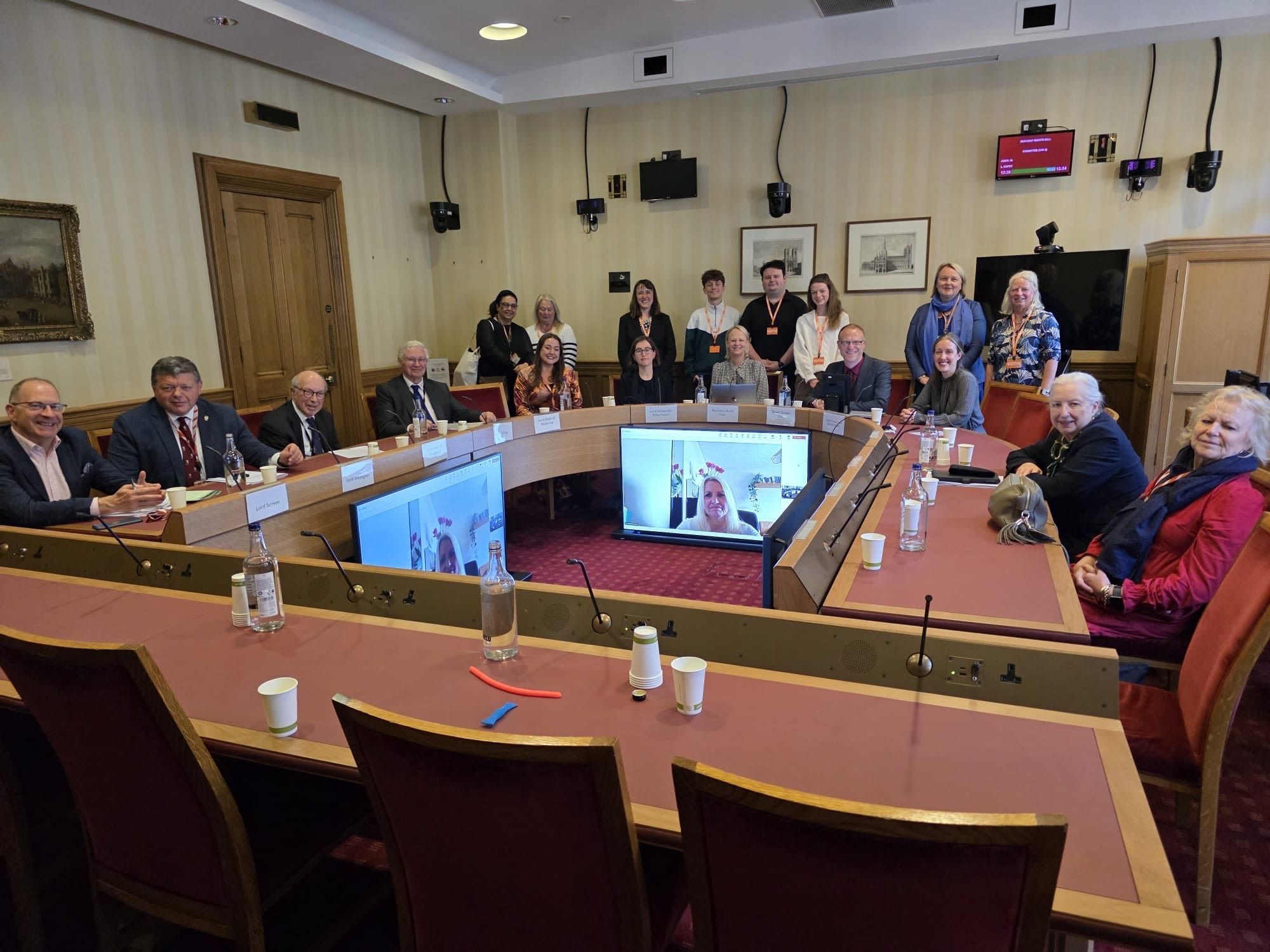Time to deliver: The Autism Act 2009 and the new autism strategy
How can the Government ensure the new autism strategy succeeds?

The Autism Act 2009 is a law for and about autistic people in England.
The Act says the Government must produce an autism strategy, backed up by statutory guidance for the NHS and local authorities.
The House of Lords asked our Committee to look at:
- how well the Autism Act has been working
- how it could work better in the future, and
- what the current autism strategy has achieved.
We examined what the Government needs to do to develop an effective new strategy for launch in July 2026, when the current one ends.
“We heard from dozens of autistic people and people who support them and took written evidence from hundreds more. The views of thousands of others were shared with us by individuals and representative groups.
We want to thank everyone who shared their views and experiences with us.
Autistic people face unacceptable inequalities. This holds them back from living fulfilling lives and our society back from an inclusive future.
It’s time to deliver the change that autistic people in this country need to see.”
We published our report in November 2025 and the Government has promised to use our report to help it develop the new strategy.
The Autism Act 2009 and the autism strategy

In 2009, awareness of autism was low. When autistic people sought help, they often fell through the gaps between mental health and learning disability services.
Autistic people were often invisible.
The Act and government autism strategies have helped change that. They have made national and local government recognise and respond to the needs of autistic people. They have also widened access to autism assessment.
However, autistic people still face unacceptable inequalities.
- More than 200,000 people are waiting for an autism assessment.
- Thousands of autistic children and young people are unhappy at school or out of school altogether.
- Only about 3 in 10 autistic people are in work, compared to 5 in 10 disabled people and 8 in 10 non-disabled people.
- On average, autistic people live shorter lives.
The Government autism strategy for 2021 to 2026 set ambitions reflecting the key priorities of autistic people and those who support them.
But, after the first year, there was no plan to deliver or fund the strategy.
The Government must develop the new autism strategy so it is ready to launch in July 2026, when the current one ends.
The Government needs to identify priority outcomes, produce a costed, deliverable plan to achieve them, and make clear who is responsible and accountable for delivery.
Nothing about us without us

Decisions about autistic people are often made for them, not by them.
National and local government have made efforts to include autistic people and those who support them in decisions about the services they use. But they have not done this consistently.
Most autistic people still do not feel accepted or understood.
Public spaces and facilities are often inaccessible. This stops many autistic people from fully participating in society.
The Government must meaningfully involve a diverse range of autistic people and people who support them in every stage of the development and delivery of the new strategy.
From cliff edges to stepped support

Autistic people often need most support at times of transition in life, like going to school, looking for a job or getting older. These times can also be when support is most likely to fall away.
Young autistic people typically face a ‘cliff edge’ in access to support when they become adults.
Just when they should be spreading their wings, vital support falls away.
To stop this happening, we heard that autistic people need to be able to access support that ‘steps up’ and ‘steps down’ throughout their lives.
Working closely with autistic people and those who support them, the Government needs to identify how to move towards a stepped, lifelong model of support.
Preventing crises

Too many autistic people access no support until they reach a crisis point. This costs money and lives.
Autistic people still often fall through the cracks in systems of support. Many are still turned away from mental health services just because they are autistic.
Responsibility and accountability for meeting autistic people’s needs are often fragmented. This means that public services have little incentive to provide timely support and prevent crises from happening.
The Government needs to help services provide low-level, integrated support to autistic people. This will often cost little, but make a big difference.
The new autism strategy must set out how the Government will support and incentivise services to invest in timely, preventative support.
What happens next?
We have now finished our work. Read the full report or the easy read version.
The Government must publish a response to our recommendations. This is meant to happen within two months.
The Government response will be published on the Committee website. After that, the Committee’s report will be debated in the House of Lords.
Find out more about our inquiry and our committee. Our committee is a special inquiry committee for 2025.
Follow us on Bluesky, LinkedIn,or X (formerly Twitter).